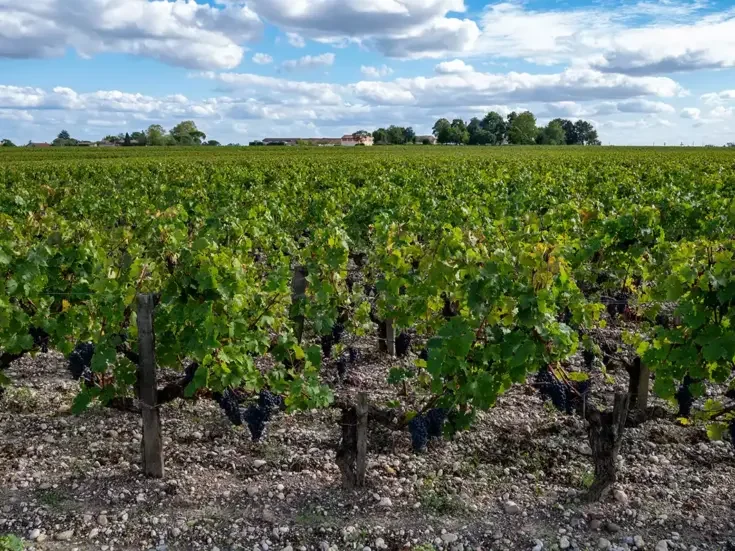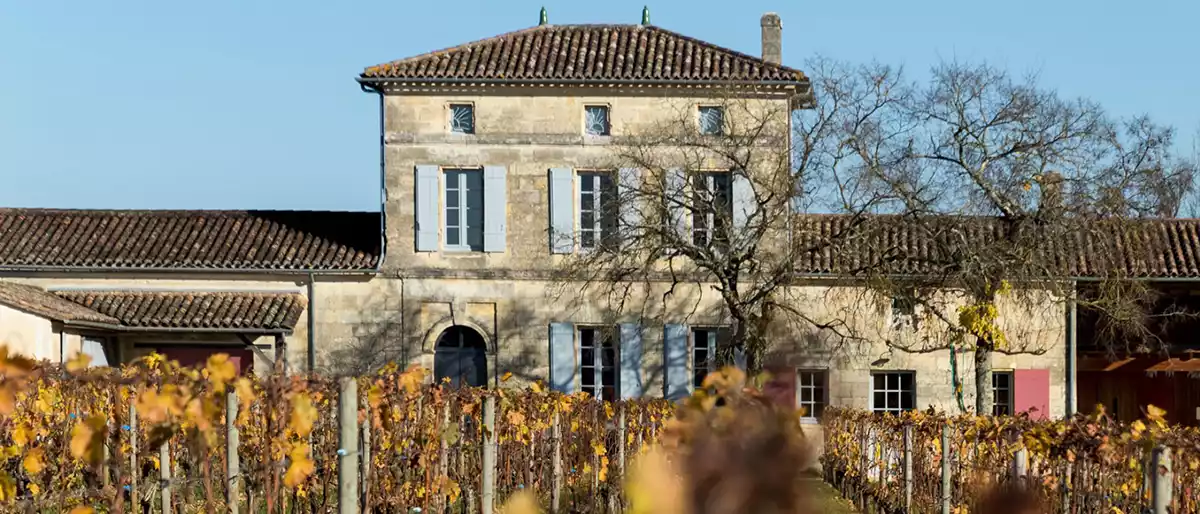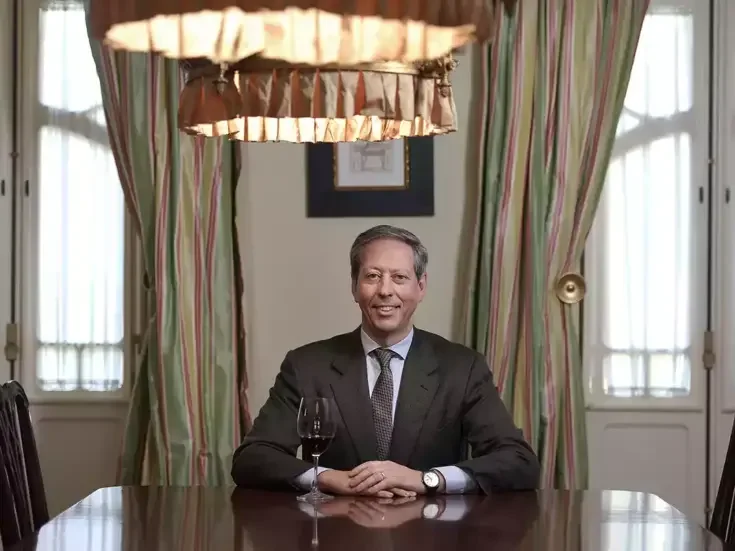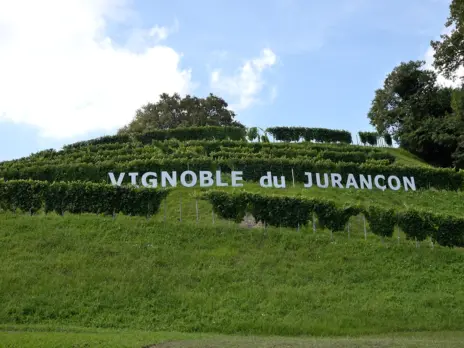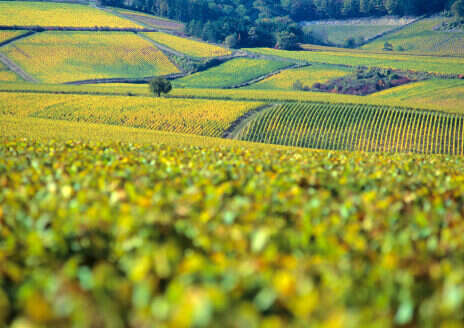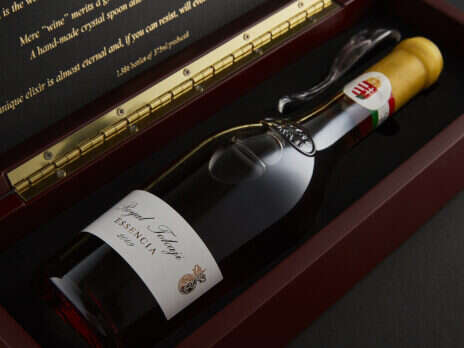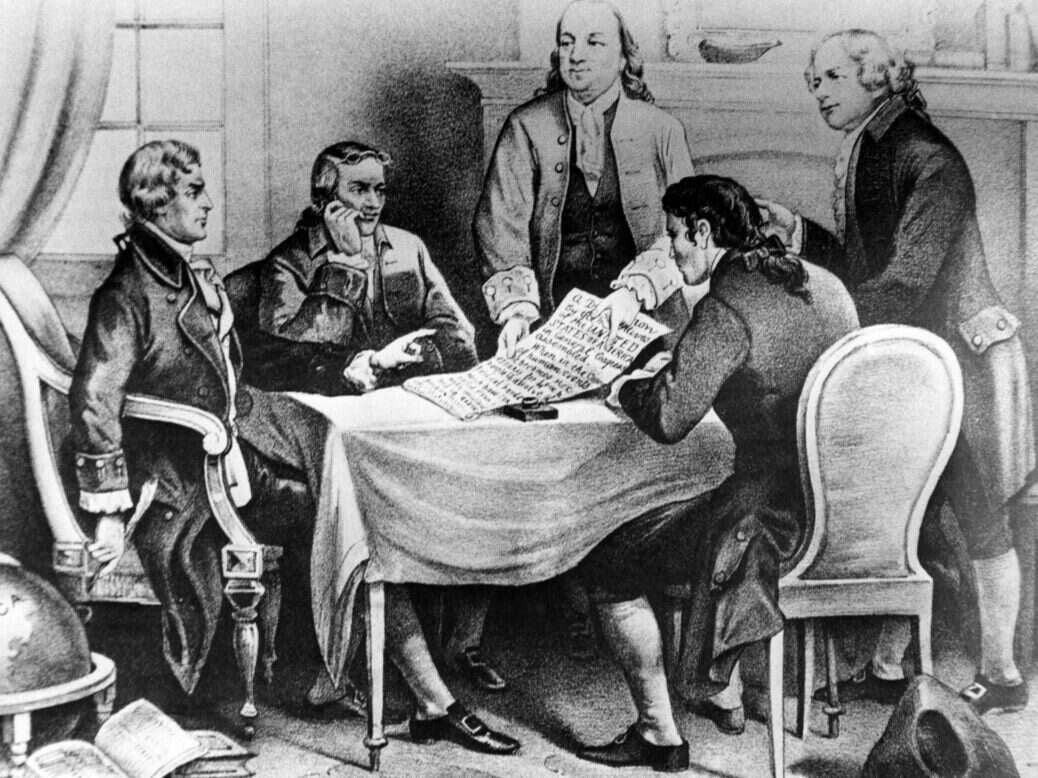
In his second Wine in History column, Stuart Walton explores the role of alcohol as a tool of diplomacy.
No international agreement, for trade or peace or diplomatic relations, is worth the paper on which it is printed unless it has been sealed by the taking of alcohol. The role of intoxicants in diplomacy is as old as innate distrust between human groups, and diverse cultures throughout history, and in all parts of the world, have relied on selective neurotoxins—chief among them drink—not just to mark the moment of accord, but to lubricate the process of painstaking negotiation that leads up to it, and the general celebration that accompanies its aftermath.
The Spanish ambassador at the court of Tsar Peter II who, in 1728, proposed the establishment of a formal guild to be known as the Order of the Anti-Sober, noted in a letter to his uncle that, “in that part of the world all affairs are conducted on a bottle.” While it is true that the Romanov court was a bibulous environment, much the same could be said of many another historical polity. A Chinese bamboo text of the fourth or third century BC, the Warring States Period, advises that, “Harmony between states is brought about through the drinking of wine.” Tacitus records that all the important ceremonial business of barbarian Germanic tribes was conducted through the honest dishevelment of their inebriated elders.
Ratifia and ratification
So ingrained are these procedures that alcoholic ratification of agreement once gave its name to a type of drink taken on such occasions, the Italian fruit-stone liqueurs, or muted-fermentation sweet wines of France, known as ratafia. Sealing a treaty with drink has its roots in the custom of drinking to the health of another, an honorific practice once reserved in courtly Europe for the acclamation of comely young women, but which broadened to embrace all friends and associates, and even former enemies to whom one was now reconciled. In the 16th century, the tradition became inextricably associated with the thrifty recourse of soaking stale toast in the drink, for the avoidance of waste and for improving the taste of rough wine, the bitter acids of which were thought to be absorbed by the bread, even as it added its dried fruit and spice tastes to the cup. Shakespeare’s Sir John Falstaff is the permanent, if historically anachronous, authority on all drinking practice in Elizabethan England: “Go fetch me a quart of sack,” he instructs Bardolph at the Garter Inn in The Merry Wives of Windsor; “put a toast in’t” (III:v).
Bumpers of Madeira
The American Declaration of Independence of 1776 was toasted in bumpers of Madeira, the era’s paradigm of a venerably fine wine, and when the Articles of Peace that ended the revolutionary war were eventually signed in the spring of 1783, the public celebrations that followed were marked with exorbitant drinking bouts that always began with ritual toasting. Thirteen toasts, one for each state of the fledgling Union, were commonly drunk, each ceremonially preceded by the verbal solemnizations of a toastmaster. The toast of every town was General George Washington. A single principle, or a single historical actor, is very often the symbol of a unification worth celebrating.
Toasting found its motivation not just in the health-giving properties of nutritious fermented drinks, but in the established cultural uses to which such commodities were put. Intoxicants perform the universal function of marking a border zone between the everyday consciousness that they push aside, and a place of inspiration in which new ways of thinking about old problems emerge, and the social fences that typically separate participants, even those of the same tribe or community, are methodically demolished. The Latin motto, In vino veritas, is often interpreted in modern experience as a cautionary homily, wine being the trap in which reckless drinkers are caught, blurting out the truth without thought for the consequences. Its original proverbial import, however, lay in the bond between drunkenness and the virtue of honesty, the notion that what people said when they were loosened up is precisely what could most be trusted of them. Sober people, inexhaustible self-managers, are too much in control of their every utterance to surrender to the unguarded avowal, the unvarnished truth.
The native and the Champagne
It helps above all when the drink is native to wherever the glasses are raised. Clinking another glass of elite-grade baijiu at a bilateral conference in Beijing in 1974, Henry Kissinger is reported to have remarked to future premier Deng Xiaoping, “If we drink enough maotai we can solve anything.” When our rationalizing defences are down, the insuperable obstacle looks suddenly superable. By contrast, at the signing of the Sino-British Agreement on Hong Kong in December 1984, Margaret Thatcher was spared the alien taste of baijiu by her counterpart Zhao Ziyang, guarantees of the territory’s political future being toasted instead—classically enough, but perhaps fatally—in the foreign currency of Champagne.
